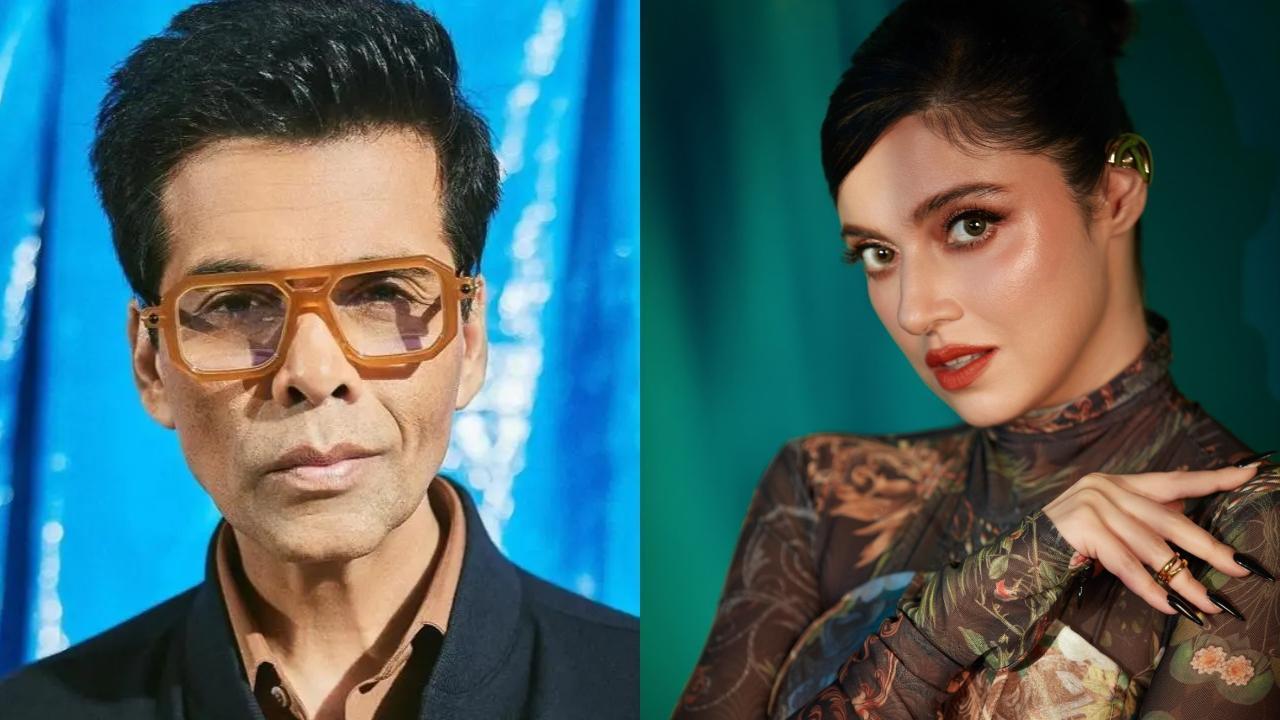
In a dramatic turn of events in the Bollywood industry, actor and filmmaker Divya Khosla has ignited widespread controversy by taking to social media to critique Alia Bhatt’s latest release, “Jigra,” and openly challenging its co-producer, renowned filmmaker Karan Johar. The feud has been playing out across digital platforms, captivating the public with its stark allegations and heated exchanges.
The drama unfolded when Divya Khosla used her Instagram Stories to publicly scrutinize “Jigra.” She posted an image depicting a deserted cinema hall, suggesting weak audience turnout for the film. Her caption read, “Went to Citi Mall PVR for Jigra show. Theatre was totally empty…all theaters going empty everywhere.” She didn’t stop there, further alleging that the film’s impressive earnings were fabricated. “Alia doesn’t need to resort to such tactics; she’s already well-established. But true heroism is in speaking against wrongdoing. Let the audience decide based on merit, not money and power,” she claimed.
In what seemed like a subtle jab back at her critics, Karan Johar, a prominent figure in the film’s production, responded through his social media without naming Divya directly. He shared a post stating, “Silence is the best speech you will ever give to fools.” This post hinted at his stance of dismissing the drama surrounding the allegations.
Divya, however, remained undeterred. She retaliated with another post that boldly declared, “Truth will always offend fools opposed to it.” In a subsequent message, she added, “When you are shamelessly accustomed to stealing what rightfully belongs to others, you will always seek shelter in silence.
. You will have no voice no spine,” sparking further discord.
In an exclusive interview with Hindustan Times, Divya expressed her discontent with Karan Johar’s choice of language. She questioned, “Today, when I speak up, Mr. Karan Johar uses derogatory language to shut me down. Is it right to call a woman a fool for pointing out unethical practices?” She further commented on the potential implications of such interactions for newcomers in the industry, saying, “If this happens to me, what about those new to the industry? No one is a king here, and I won’t be treated like a subject.”
Divya did not hold back on her criticism, claiming that multiple derogatory expressions were used in promotional materials to discredit her stance as a mere publicity stunt. “I’m sorry, I don’t need one. I’m already well known,” she asserted, standing firm in her position.
Meanwhile, “Jigra” itself continues to be a topic of conversation. The film, produced under the illustrious Dharma Productions in collaboration with Viacom18 Studios and Eternal Sunshine Productions, tells the story of a dedicated sister embarking on a risky mission to save her brother. The narrative intricately blends familial devotion with a tense storyline, featuring a modern rendition of the classic song ‘Phoolon Ka Taaro Ka’ with vocals by Vedang Raina. The film’s writing credits go to Debashish Irengbam and Vasan Bala, adding another layer of renowned talent to the project.
Adding context to the situation, Divya Khosla has drawn parallels between “Jigra” and her film, “Savi,” both featuring protagonists entangled in complex scenarios while pursuing the rescue of a loved one. However, “Savi” hinges on the intricacies of saving a wrongfully imprisoned husband, diverging on the familial dynamics central to “Jigra.”
While the feud continues to capture headlines, it unravels debates about ethical practices within the Indian film industry and the power dynamics between well-established figures and those who challenge the norms. As fans and insiders alike watch closely, it remains to be seen how this conflict may influence the individuals involved and the broader cinema landscape.












